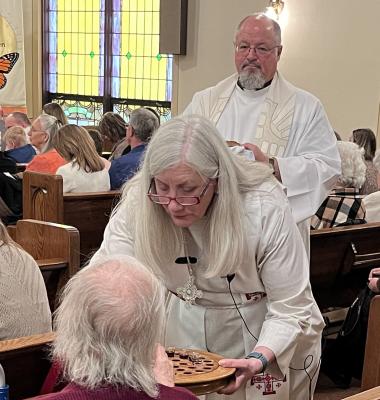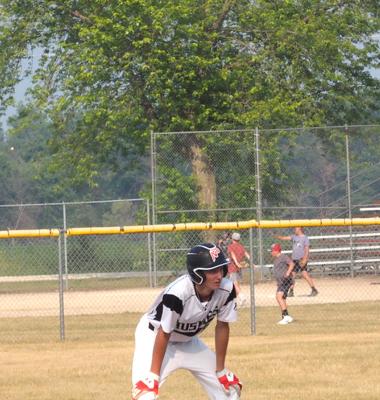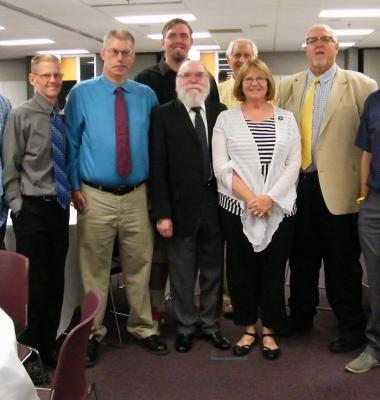Let’s show we’re not a ‘dying town’
The upcoming February school bond vote is our communities’ opportunity to position itself for the future. Our school’s administration, the school board, and committee members have worked hard to offer the taxpayers a sensible option for the schools facilities. I support this bond issue and encourage voters to vote yes.I found this article written by Dr. Cornelia Flora, Emeritus Distinguished Professor, Dept. of Sociology at Iowa State University, and a former Kansas State University professor who at the time had done extensive research on small towns. Her work has focused on why some small towns have grown while others fail, and her findings can be applied to every community.The research revealed that in growing communities, controversy was considered normal. It was expected, and regarded as necessary for participatory government.Just the opposite was revealed in dying towns. People avoided controversy and refused to address issues, regulations and the people who made them.People in growing towns held an objective view of politics. They did not take side on an issue because of friendship alone, nor did they oppose someone simply because that person was an educator, a businessman, or a farmer.On the other hand, dying communities had a “my side of the street versus your side” mentality. People personalized their politics—they did not separate the person from the job. They gave loyalty to people rather than issues, an attitude that prevailed right up to the end.In prosperous small towns, the emphasis in schools was on academics, rather than on sports.In dying towns, schools tried to hold people’s interest by promoting loyalty to sports. However, when academic programs deteriorated, people moved their children to better schools.In growing towns there was a willingness to risk for the good of the town. We ought to be able to see the importance of this stance for schools. After all, if we don’t risk, we will stagnate. There is also a side feature to this characteristic: growing towns had enough success to want to risk — and they had success because they did risk.Dying towns had neither.In the same vein at risk, growing towns had a willingness to tax themselves. They moved beyond want and action.Dying towns accurately identified needs, but that’s where everything stopped. They thought someone else should pay the bill for their gain, and weren’t willing to tax themselves.Growing towns had the ability to expand. They made a place for more people—including those who were new to the community.This was not true in dying towns. The townspeople would not share their power and authority with newcomers. Small groups held all the leadership.Growing towns also had the ability to network horizontally as well as vertically. Therefore, they could learn from anyone.Growing towns were flexible. They disbursed community leadership. Many people were involved in the work and mission of the community in leadership roles. Therefore, if someone dropped out, another took his or her place.In dying towns, leadership was often in the hands of one person. When that person died, the community stopped and died with him or her.What Flora found in her research on small towns applies here. We have to be willing to accept the normal controversies and to be willing to take risks for the good of the district. We need to realize the importance of a solid school structure and good academic programs. We need to focus on the positive and not the negative.By voting YES on this bond issue we will position our community for the future.














